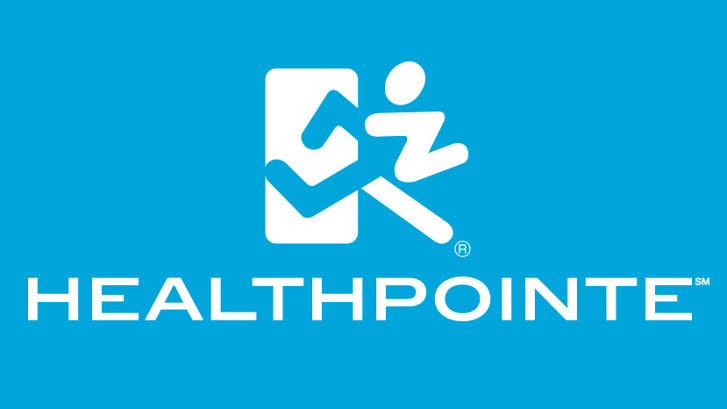Arrhythmias or Abnormal Heart Rhythms
Arrhythmias, or abnormal heart rhythms, can occur even among people who are relatively healthy (i.e., free from heart disease) although it must be said that not all cases are serious, much less even fatal. In fact, even individuals with serious arrhythmias can enjoy normal lives after successful treatment.
The trick: making peace with the extra heartbeats or the mild palpitations that characterize arrhythmias by reducing your risks, managing your symptoms, and adopting healthy lifestyle habits. Here then are a few things that you must know.
Know Your Risks
The risks for developing arrhythmias are higher when one of these risk factors is present:
- Smoking
- Excessive alcohol intake
- Drug abuse
- Certain medications and dietary supplements, even herbal treatments
- High blood pressure
- High cholesterol
- Obesity
- Stress
- Coronary artery disease
- Family history of heart disease
- Diabetes
- Advancing age
While a few of these risk factors cannot be avoided, such as advancing age and family history, many others can be controlled or managed (e.g., smoking cigarettes, drinking alcohol in excess, and drug abuse). You should then focus your risk reduction efforts on these controllable factors, thus increasing your chances of successfully managing your arrhythmia.
Reduce Your Risks
When you have the uncontrollable risk factors, you have more reasons to be more vigilant about adopting the following risk reduction measures. Keep in mind that while you may be unable to entirely escape the symptoms of arrhythmia, you can reduce its frequency, duration and impact on your life.
- Maintain a healthy weight. Being overweight or obese will increase your risks for and/or worsen your symptoms of arrhythmia because the extra weight exerts a toll on your heart.
- Adopt healthy lifestyle habits. These habits are crucial in weight maintenance as well as in arrhythmia risk reduction, said habits of which include getting regular exercise, eating healthy food and beverages, and getting sufficient sleep.
- Avoid the triggers of your arrhythmia. These can include caffeine, alcohol and drugs, among others. You can make a journal of your triggers so that you can avoid them but it is also for your best interests to just avoid the consumption of caffeine, alcohol, and other stimulants.
- Stop smoking. Cigarettes and their by-products are the largest preventable cause of heart disease including arrhythmia. Even secondhand smoke can increase your risks so take the necessary measures against it.
- Manage your stress. While stress is unavoidable too much stress can eventually take a toll on your heart. Learn and adopt relaxation techniques like deep breathing, yoga, and meditation as well as taking short breaks and long vacations.
- Seek medical treatment for your underlying health conditions that may be contributing to your health condition. These conditions include hypertension, diabetes and high cholesterol levels.
- Seek appropriate treatment for your heart disease aside from arrhythmia. The more effective your treatment, the less likely your arrhythmia can adversely affect your daily life.
Ultimately, your success in living well even with your heart condition will largely depend on your sense of responsibility for your own health. You should work with your doctor so that the appropriate treatment protocol can be designed and implemented for your case.
About Healthpointe:
Healthpointe is a leading multidisciplinary healthcare organization offering a full range of medical services in practice locations throughout Southern California (Los Angeles county, Orange county, San Bernardino county and Riverside county). Healthpointe has locations situated in over 10 cities in Southern California including Corona, which is conveniently located near Norco, Home Gardens, Mira Loma, and Pedley. As a highly regarded musculoskeletal group, we have a personal investment in the highest level of service, and we are proud of our record of excellence over the last four decades with private patients, injured workers, urgent care, personal injuries, and professional and non-professional athletes. Leading our organization is a dynamic team of healthcare professionals who continually strive to be at the forefront of medical innovation and healthcare service delivery. For more information, a complete list of services, and Healthpointe locations, visit https://healthpointe.net.

